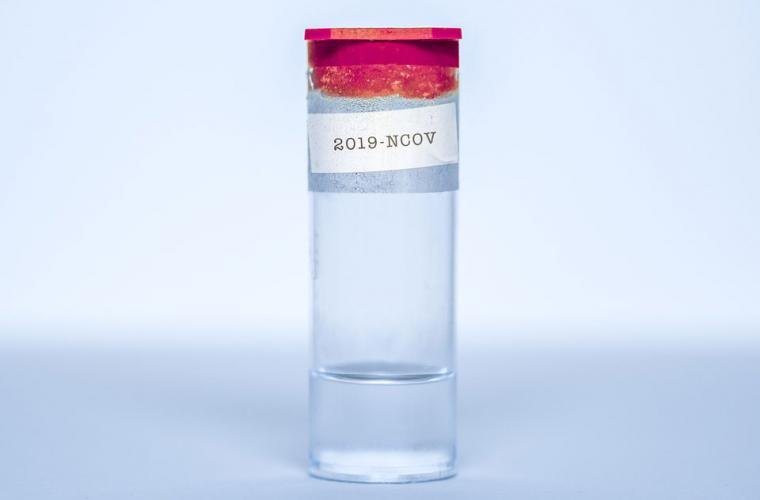Crucial data must be shared with councils to make use of their local knowledge and expertise and ensure vital national efforts to track and trace coronavirus succeed, the LGA warns today.

Councils - with their knowledge of their local communities - are ideally placed with the skills, knowledge and experience on the ground to help the Government achieve its ambition to ramp up the level of testing and contact tracing necessary to defeat the disease.
The LGA said the sharing of information is essential if we are to succeed in driving down the numbers of new people being infected once the lockdown is gradually lifted and access people who will not be reached by the new NHS app.
The key sources of data needed by councils includes, but is not restricted to:
- Access to testing results across all sites
- Hospitalisation records for those with COVID-19
- Death certifications in which the disease is identified
- NHS 111 symptomatic data by postcode
- All GP or primary care and out of hours calls/data linked to COVID-19
- ONS all-cause mortality by local authority and postcode if possible
- Personal details of contacts, including information such as race, ethnicity and gender, along with their contact details
This data should also include unique property reference numbers (UPRNs), so that councils can identify hotspots, map where the virus is prevalent and plan for action. It will also enable councils to link the data up with their existing systems to fill important gaps in their information.
It is shortly to be expected that all new data sources from central government must include UPRNs, but in the meantime councils should be given access to this information to help deal with the current crisis.
Cllr Ian Hudspeth, Chairman of the LGA’s Community Wellbeing Board, said:
“Councils want to play their full part in the national effort to defeat this disease, but they cannot do so without having all the information they need.
“Environmental health, trading standards, public health including sexual health services and infection control nurses are just some of the services which have unparalleled skills, knowledge and experience on the ground, to support the Government’s test, track and trace system.
“COVID-19 is best understood as a pattern of local outbreaks, rather than a national pandemic with a similar impact in every community. To help councils understand where the outbreaks are happening and be able to act quickly to contain them, government needs to share vital and up-to-date data with them alongside other agencies.
“While the expected nationwide rollout of the NHS COVID-19 app will be useful, there are some areas in different communities where an app simply cannot reach. This is where councils can step in and make the most of their role as local public health leaders, but they need all the tools at their disposal to help do so.”
Notes
Information needed by councils for contact tracing also includes the below:
- Person-level records on testing both those carried out, on whom and where and positives, including on personal characteristics
- Person-level records on hospital inpatients, admissions and discharges –including where these have come from and where they are going to (to distinguish whether usual place of residence is a care home) and age, gender, underlying condition(s), outcome (i.e. discharged/died) and ethnicity
- Deaths – full and up to date all ages, all causes
- From care homes – accurate and complete information on cases (staff and residents) and deaths (all cause) together with ethnicity and vacancy information
- From home care providers – accurate and complete information on cases/vacancies (both in staff and clients) and details of who they are supporting and where
- Full and complete list of shielded people, together with the GP list of those who are eligible for flu jabs
- Full and complete list of assumptions used to generate the testing and tracing models in the first place.
